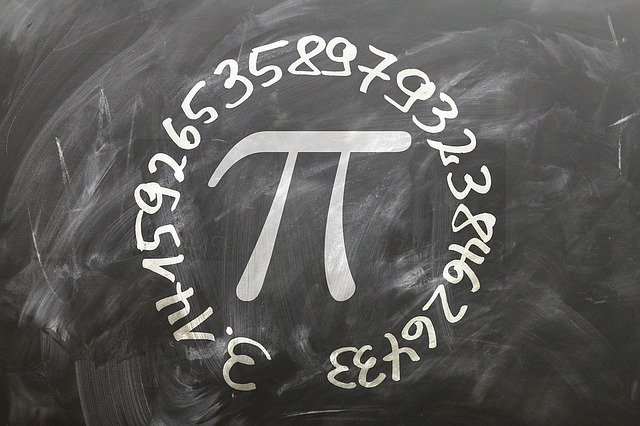In a wide variety of games and entertainment, there is one technology with which they could not function without. These are RNGs, or Random Number Generators. This is a simple piece of software that is absolutely essential for the basic functioning of some of the fundamental elements of video games, online lotteries, online casino games, and even the most basic mobile app games.
Despite this importance, RNGs are rarely discussed with the gaming and tech communities. To rectify this sorry situation, we thought we would give the low-down on what RNGs are, how they work, why they are so important, and where they are used today. Read on to find out everything there is to know about RNGs.

What Is an RNG?
Put simply, a random number generator is any device or algorithm that generates numbers completely at random. They are used in computers because, on their own, computers are not able to generate truly random numbers, since they are designed to follow input-output instructions.
There are two types of RNG; ‘true RNG’ and ‘Pseudo RNG’. Each of these produces random or near-random numerical outputs to stimulate genuine chance events. They are the reason why NPCs in video games behave in different ways, or why online lotteries generate random numbers for the winning combination.
Where Are They Used?
RNGs in both forms are used in a wide variety of entertainment systems. They are deployed extensively in video games in order to introduce the random elements that make the game tick. When you encounter a random Pokémon in the grass, that Pokémon has been generated via an RNG device or algorithm. In online games that need to simulate the randomness of real-world games, such as online lotteries or poker, true RNGs are a vital component.
Take, for example, Lottoland, an international lottery platform that lets users bet on real-world draws. In order to mimic the randomness of lottery number selection, Lottoland uses an audited and approved RNG called RiNG, which ensures that every outcome is genuinely random and unpredictable. This way, players can feel safe in the knowledge that they are playing on a system that is unpredictable and cannot be tweaked or rigged.

How Do They Work?
As mentioned, there are two types of RNG that are used today; ‘true RNGs’ and ‘Pseudo RNGs’. True RNGs are the textbook definition of completely random, as they use physical processes such as electrical noise to generate genuinely random sequences of numbers. Given the processes that they rely on, true RNGs are impossible to predict by humans, as there are no rules and trends governing their output.
Pseudo RNGs, on the other hand, uses an algorithm to generate random numbers based on a seed. This could be the total number of milliseconds, for example. This is random, but not truly random, the same algorithm will produce the same sequence of results in the long-run. However, for basic random functions such as, say, the damage dealt on a video game boss from a critical hit, this is sufficient.
Why Do They Matter?
RNGs are hugely important for a number of reasons. They are the most reliable and effective way to introduce randomness into a computer system, and randomness is an essential component of many functions beyond just entertainment. RNGs are an important component of computer security, as it helps to generate encrypted text and passcodes that are truly random and therefore impossible for hackers or malicious actors to predict.
When it comes to games such as lotteries and casino games, RNGs ensure that every user is playing a fair and trustworthy game that cannot be rigged and does not follow a pre-set pattern. Without the true randomness that RNGs can provide, secure encryption of any kind would not really be possible, nor would any kind of digital experience that mirrors the genuine randomness of real-world physics, such as a roulette wheel.
Put simply, RNGs introduce an essential unpredictability into a quantum world.
This is why RNG technologies are so important in the world of entertainment. There is little chance that these elegantly simple devices and algorithms will be replaced anytime soon, given how effective they are at introducing chance to games.




































